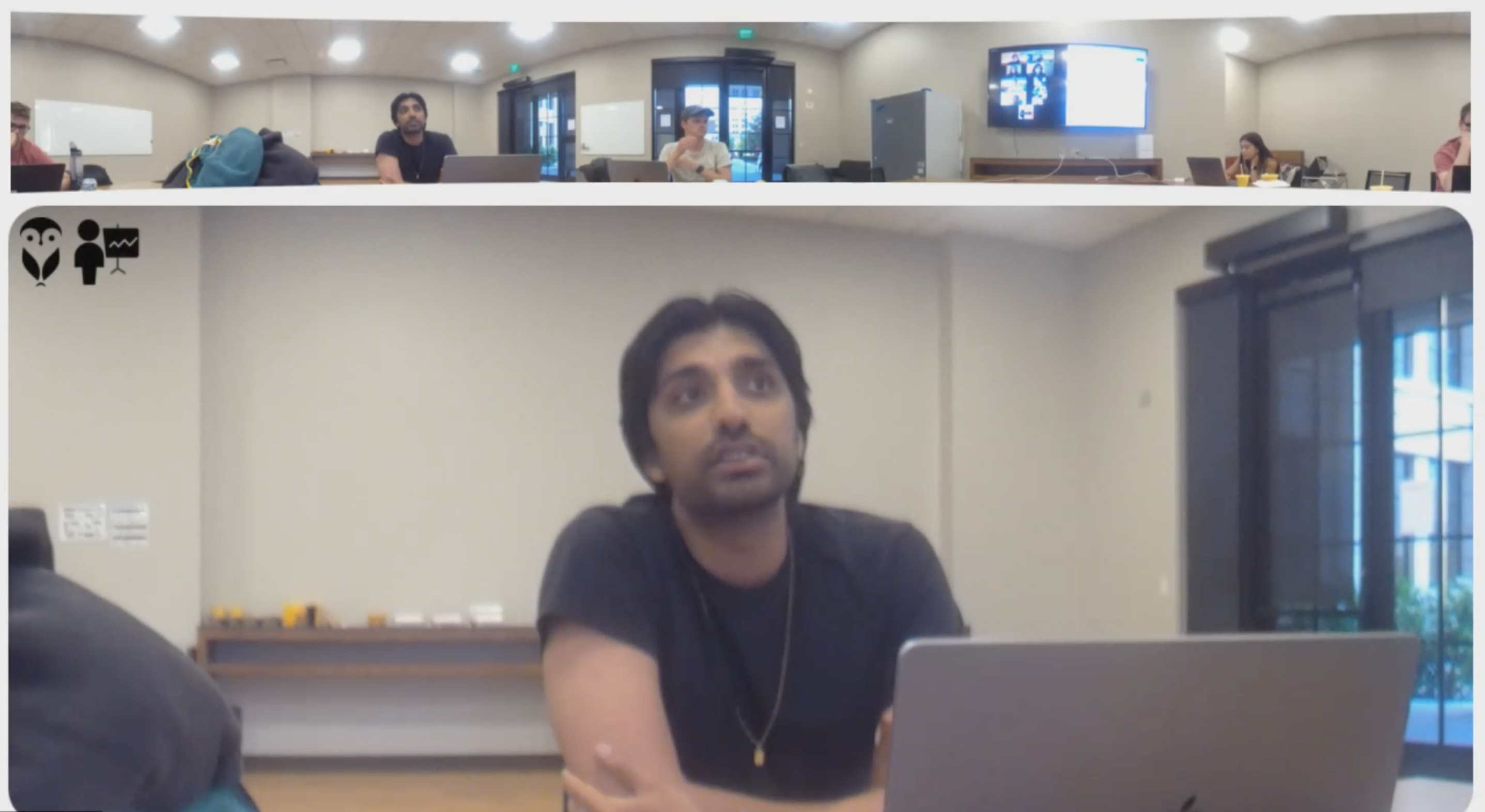The Graduate Student Council (GSC) certified the election of all 15 voting members to the 2022-23 council and endorsed a letter calling on the Doerr School of Sustainability to refuse funding from fossil fuel companies during its Wednesday meeting.
Last week, councilors brainstormed methods for breaking deadlocks between write-in candidates for positions on the council representing the Graduate School of Business (GSB) and Graduate School of Education (GSE). Prior to today’s meeting, the council contacted each GSB and GSE candidate to affirm their commitment to the position.
The GSB and GSE representative positions will be filled by first-year MBA student Harshit Kohli and second-year sociology of education Ph.D. student Leslie Luqueño M.S. ’22, respectively. Luqueño was selected randomly by ASSU Elections Commissioner Cameron Ehsan ’24 from a pool of two remaining write-in GSE candidates after councilors were unable to resolve the tie, according to GSC co-chair and fifth-year communications Ph.D. student Sanna Ali.
Third-year organic chemistry Ph.D. student Lawrence Berg will fill the remaining at-large seat on the council. The new council will be inaugurated next week, according to GSC co-chair K.C. Shah J.D. ’22.
Councilors also heard from fourth-year and first-year Earth Systems Science Ph.D students Amina Ly and June Choi, who are calling for the Doerr School of Sustainability to decline funding from fossil fuel companies. The requests were included in an open letter to professor Arun Majumdar, the newly appointed dean of the Doerr School of Sustainability. The letter was sparked by comments that Majumdar made to the New York Times in which he said that the school would accept funding from fossil fuel companies.
Though Majumdar’s comments were unwelcome news to student climate advocates at Stanford, the decision had been previously announced by the former transition dean of the Doerr School Kathryn Moler in an interview with The Daily.
Shah expressed his support for the letter on behalf of the council, adding that the GSC is always in conversation about the best ways to practice advocacy. He committed to sending the letter out to larger listservs and continuing to brainstorm ways to share the information.
“Promising people to target would be new students of the school and new faculty to the school,” he said.
The Council also unanimously approved funding for the 2022 Stanford Chinese Sing Anniversary Concert, an acapella concert celebrating the Stanford Chinese Sing’s seven-year anniversary. The groups Out in Science, Technology, Engineering and Mathematics at Stanford and the Stanford Turkish Student Association also unanimously received funding from the GSC.
Emily Schell, a GSC councilor and fourth-year developmental and psychological sciences Ph.D. student, briefed the council on a meeting that will be held by Santa Clara County on Friday about affordability challenges facing graduate students. According to Schell, many Stanford students have collaborated with the county as a way to apply pressure on Stanford to provide more affordable housing. Santa Clara County has expressed concerns over whether the Office of Governmental Affairs has provided complete and sufficient information on how much graduate students are spending on housing, Schell said.
Schell encouraged councilors to attend the meeting, saying that it would allow graduate students to publicly comment on affordability concerns at Stanford, as well as connect with Santa Clara County representatives who are aiding efforts to push Stanford to provide more affordable housing.
